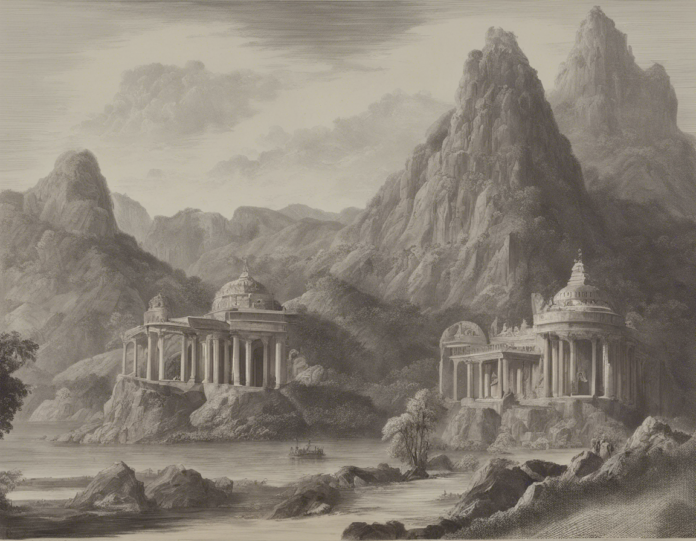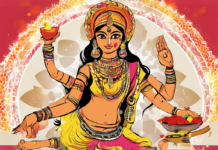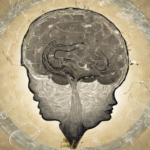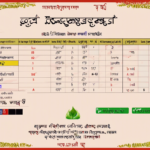The Ediga caste, also known as the Ediga community, holds a significant place in the complex social fabric of India. With a rich history and cultural heritage, the Edigas have made notable contributions to various fields, including politics, education, and business. In this blog post, we delve into the origins, traditions, and evolution of the Ediga caste, shedding light on its unique characteristics and struggles.
Origins and History
The Ediga community traces its origins to the southern Indian states of Karnataka, Andhra Pradesh, and Telangana. Historically, they were primarily involved in agriculture, particularly as cultivators and farmers. The name “Ediga” is believed to have been derived from the Kannada word for “trading,” indicating the community’s involvement in trade and commerce as well.
Scholars suggest that the Edigas were classified as a Shudra caste in the traditional Hindu caste system. Over time, however, many Edigas have challenged this classification and strived for social mobility through education and political participation.
Traditions and Practices
Like many other castes in India, the Ediga community has its distinct traditions and practices. Marriage within the community is a significant event, marked by elaborate ceremonies and rituals that reflect the cultural heritage of the Edigas. Religious festivals are also celebrated with enthusiasm, showcasing a blend of Hindu and local customs.
Occupational specialization is another key aspect of the Ediga community. While their traditional occupation was agriculture, many Edigas have diversified into other professions such as business, education, and politics. This diversification has played a crucial role in the socio-economic advancement of the community.
Evolution and Challenges
Over the years, the Ediga community has undergone significant social and economic changes. Increased access to education and employment opportunities has led to a gradual transformation in the socio-economic status of many Edigas. However, challenges such as discrimination, poverty, and lack of representation persist, presenting barriers to the full empowerment of the community.
Political Participation
One area where the Ediga community has made significant strides is in political participation. Many Edigas have successfully contested elections and held positions of power and influence at the local, state, and even national levels. This political representation has enabled the community to address issues that are pertinent to their development and welfare.
Contributions and Achievements
The Ediga community has produced several notable figures who have made significant contributions to various fields. In politics, leaders like D. Devaraj Urs and S.M. Krishna have left a lasting impact on the social and political landscape of Karnataka. In business and entrepreneurship, Edigas have established successful enterprises, contributing to the economic growth of the region.
Conclusion
In conclusion, the Ediga caste has a rich history and cultural heritage that continues to shape its identity and aspirations. Despite challenges and barriers, the community has shown resilience and determination in pursuing progress and empowerment. By celebrating its achievements and addressing persistent issues, the Ediga community is poised to forge a brighter future for generations to come.
Frequently Asked Questions (FAQs)
1. What is the population of the Ediga community in India?
The exact population of the Ediga community is difficult to ascertain due to variations in census data and self-identification. However, estimates suggest that the community comprises a significant proportion of the population in southern India.
2. What are some common surnames among the Ediga community?
Common surnames among the Ediga community include Shetty, Poojary, Kotian, Nayak, and Kamble. These surnames often reflect ancestral occupations or geographical origins.
3. How do Edigas traditionally celebrate festivals?
Edigas celebrate festivals with traditional rituals, prayers, feasts, and community gatherings. Holi, Diwali, and Dasara are some of the major festivals celebrated by the community.
4. What are some notable educational institutions founded by Edigas?
Several educational institutions have been founded by Edigas to promote education and empowerment within the community. Examples include Siddaganga Institute of Technology and Karnataka Lingayat Education Society.
5. How has the socio-economic status of the Ediga community evolved over time?
The socio-economic status of the Ediga community has evolved over time due to factors such as education, employment diversification, and political participation. While progress has been made, inequality and discrimination remain challenges to be addressed.










